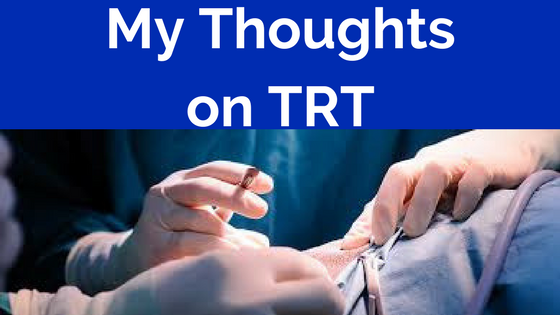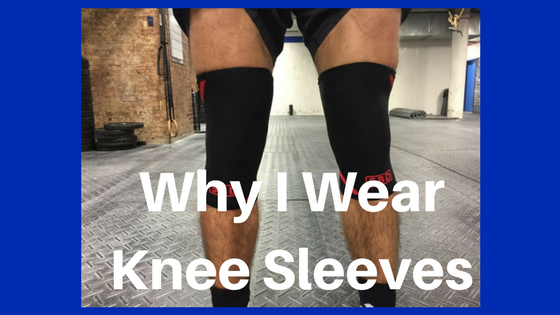
If you believe the hype, the Keto diet can help curb appetite, enhance your performance and cure almost any disease you've ever had. Does this sound too good to be true? That's because it probably is.
Keto Diet and the Brain
The origins of the Keto diet are based in helping fix brain issues like epilepsy. In the early 1920's Dr. Russel Wilder examined the keto diet and its effect on the brain. He and other doctors at the Mayo Clinic experimented with what Wilder called the “ketogenic diet” during the early 1920s. Not only did children with epilepsy seem to improve overall with this type of diet, they seemed to think and behave better as well.
Keto Diet and the Body
There was another group of people who became curious about ketogenic diets some time in the 1980s and 1990s: bodybuilders and physique athletes. These folks weren’t too concerned about brain health or longevity. They wanted to be ripped. The ketogenic diet seemed like a magic bullet: a way to eat butter, bacon and cream, and still get abs.
Can a Keto Diet Help You?
This really depends upon several factors. A keto diet usually contains about 20% protein. Carbs are kept down under 30 grams daily. Fat will comprise 80% of the diet. In addition, a keto diet is extremely restrictive. It has a long list of things you cannot eat. I feel that the keto diet only works because of the many restrictions it imposes. I honestly don't think that being super low carb or super low fat is any different. In fact, the latest scientific research seems to back me up on this issue. I don't think that something this extreme will work long term. I believe in a more balanced approach to eating. I think that you should adjust your macronutrients until you find the sweet spot for your body. That's the best way to find an eating plan that effectively takes the fat off your own body–experimenting with different approaches.




